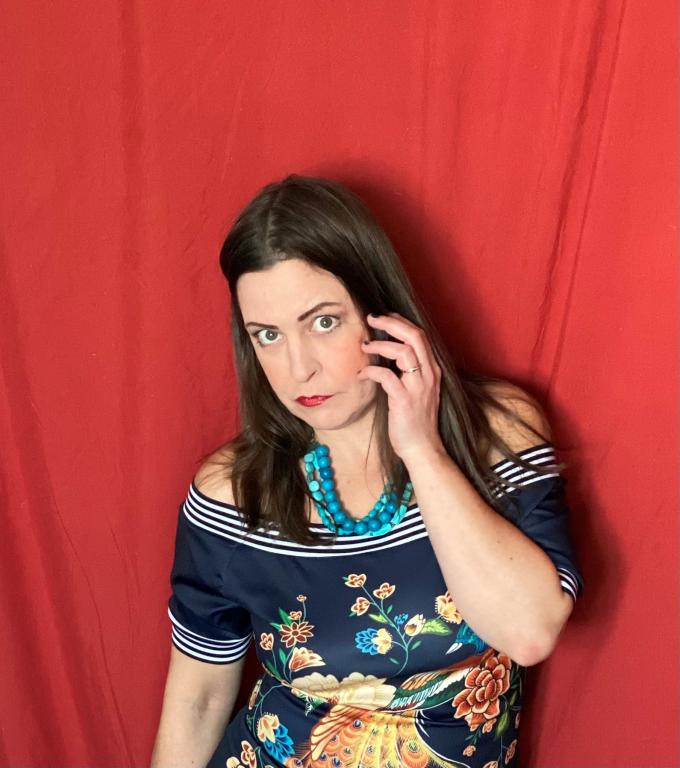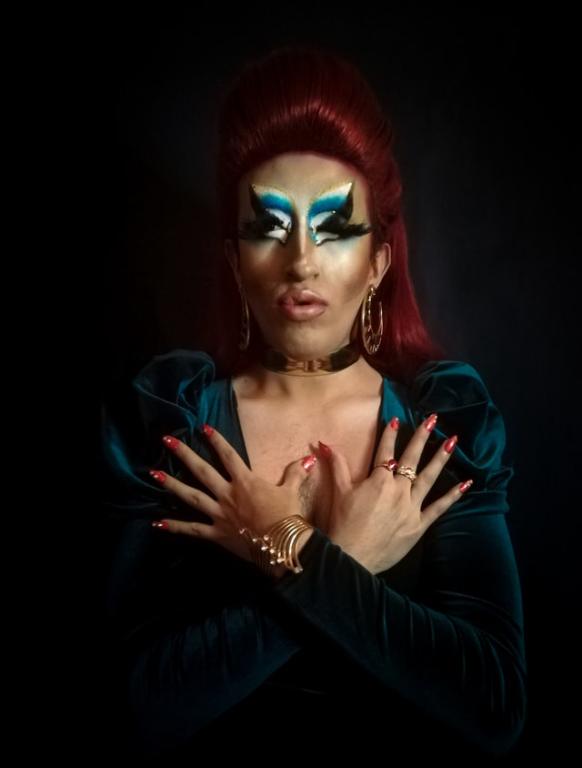
I am a proponent of reform for sexual education. Although I do not utilize the public-school institution, most American parents send their children to schools outside of their homes. This means that adolescents spend most of their time in a space learning during the day. And because of that, some form of sexual education will be offered to students. There has been a movement to update the sexual education curriculum in recent years. I have no doubt that the intention behind this movement is to better serve communities. Such instruction would also take pressure off parents who have busy days themselves. Teaching adolescents about sexual orientation, sexual biology, and sexual chemistry, along with informing students about the functions of their bodies and how to set boundaries around their bodies, could prevent many societal ills.
In the county I used to reside in, acts of sexual deviancy, sexual exploitation, and sexual molestation are on the rise. From daycare providers knowingly allowing their adolescent children to molest younger children while in their care, to grown men soliciting sex from neighborhood children, to grown men coercing female friends to shower in hog facilities while unknowingly being recorded; the community has been devastated by a lack of sexual education. And unfortunately, not much has been done at a community level to decrease or prevent these instances.
This is a widespread issue, it’s not simply affecting small, rural areas, but it is impacting both city and suburban residents too. Religious communities suffer at high rates of sexual misconduct, especially. Residents of communities are left with little to no recourse. Judicial action can be taken, but in many cases, justice is slow and almost non-existent for the victims. This is not to imply that the justice system doesn’t work, but it does show that there are areas where improvement could benefit how egregious sexual misconduct is handled.
Rather than invoking city authority, many community members turn to their school districts to implement new agendas to speak to the dangers of sexual misconduct. Schools scramble to put together a lecture or a memo to present to the student body to confront conduct, but little to no time is spent unfolding these agendas into an intensive curriculum.
Some schools around the country are implementing policies to prevent sexual exploitation, molestation, and deviancy—a reformation of sexual education. Information is power, and the thought is that the more information children have, the more empowered they can be to resist and to reject explicit or implicit sexual invitation and attempts at sexual exploitation and abuse. The question is at what age do we begin informing children about sex?
In China, school children as young as 3 are given anatomical dolls to play with to better understand bodily function. But this doesn’t inform the children on how orientation or identity play a part in who they are. Nor does it inform them on what pregnancy is or how to prevent it. Many schools around the world begin sexual education at younger ages, but that still doesn’t make the case for why children ought to be taught in school versus at home. Although other countries begin instruction early, it does not mean that they necessarily see a decrease in overall sexual deviancy or misconduct.
Most parents would say that public school is not the place to be teaching about sexuality or sexual practices. Teachers and parents don’t always share the same values and principles. And parents should have a greater influence over their children than a teacher or school district. Unfortunately, given the amount of time that children spend away from their parents, this might not be the case anymore. Between school, sports, and extracurricular activities, including social media, parents are no longer the predominant influence over their children. This demonstrates that school isn’t the only place where sex education is taught.
The media plays a big role in influencing children and adults and informing them about sexual identity and gender. In the last decade, there’s been a surge of dialogue dedicated to sexual orientation and gender identity. More and more “family-friendly” content contains at least one sex scene or one conversation about gender identity or orientation. Even animated shows created for children delve into discussions that, 10 years ago, would have gotten pulled from the air and fines imposed by the FCC.
It is because children are often away from their parents more than they are with them, that we must consider an effective approach to sexual education. If most of their time is spent in a school environment, with access to media of some form, then at some point, a health and sex-ed class will be offered to your child. The question is not “How can I prevent this from being taught to my child?” but rather, “How can I participate in this curriculum and ensure that what my child is being taught is in alignment with our family values?”
In the state of Florida, the House of Representatives introduced HB 1557 to answer this very question. It’s been despairingly referred to as the “Don’t Say Gay” bill within mainstream media reporting circles. After reading the bill, I can assure you that there is no language dedicated to preventing any child or teacher from uttering the word “gay.” More so, this bill is designed to prohibit public schools in Florida from preventing, prohibiting, or withholding curriculum agendas and information from parents. The bill is aimed at protecting individual student welfare and ensuring that parental involvement with their children’s education is not prohibited.
Section 1. Paragraph C has been added to subsection (8) of section 1001.42. Here are a few additions to the act.
- The procedures must reinforce the fundamental right of parents to make decisions regarding the upbringing and control of their children by requiring school district personnel to encourage a student to discuss issues relating to his or her well-being with his or her parent or to facilitate discussion of the issue with the parent. The procedure must not prohibit parents from accessing any of their student’s education and health records created, maintained, or used by the school district, as required by s. 1002.22(2).
- Classroom instruction by school personnel or third parties on sexual orientation or gender identity may not occur in kindergarten through grade 3 or in a manner that is not age-appropriate or developmentally appropriate for students in accordance with state standards.
- Before administering a student well-being questionnaire or health screening form to students in kindergarten through grade 3, the school district must provide the questionnaire or health screening form to the parent and must obtain the permission of parent.
This is a step in the right direction. An age-appropriate guideline was implemented to protect both the student and the parent. The hysteria surrounding this bill is unfounded. No reasonable adult believes that children ought to be instructed about sexual orientation or sexual practices in a classroom setting at the age of 5,6,7, or 8 years of age. The opposition to the bill is highly suspect and raises many concerns from parents who utilize the public school system. Some of these concerns have been voiced. Why does a kindergarten teacher want to teach my child about sex? Why does my child need to be aware of their sexual orientation when they can’t even spell their own name properly? What is this fixation with sexualizing students?
It’s not that there is a hidden agenda to sexualize children, although I have participated in many conversations that suggest otherwise. I haven’t been convinced of this theory. But I think there will always be a pocket of people who believe that everyone is trying to rape children. 35 years ago, I was warned of the same potential threat. It makes more sense that the intent behind starting sex education at an earlier age was to help a child engage in her/his world. If there are multitudes of influences in our children’s lives, these topics will come up in conversations, whether the child is participating in them or not. I’m playing Devil’s advocate here, but maybe sex education can cultivate growth-fostering relationships and a better understanding of humanity? It’s just that, as Florida recognizes, the age of 3 is not the place to begin that education.
Parents might need to be reminded, however, that if you are going to send your child to the public school system, there are things you won’t always be included in and there are going to be external influences that impact their children’s decisions and behaviors. Bill 1557 articulates a structure that helps ensure the protection of students’ mental, emotional, and physical well-being with the participation of the school personnel and the parents. But if parents aren’t willing to actively participate in the continuation of that education outside the walls of the school, there will be children that turn to others to answer the questions.
If you don’t want your child to be taught any sexual education program, the best option is to simply homeschool. But I would be hesitant to prevent your child from ever hearing about sex. That’s not the answer. The best solution is to sit down with your children and ask them what they already know about S-E-X. Chances are, they know something. It could be they have no interest in further exploring the topic right now, but hushing the discussion and trying to restrict them to G-rated media only can have detrimental consequences. The goal, for schools and communities, is to prepare our children for the sexual world they live in. We want them to have good information and be good conversation partners for them to ask questions. Someone, at some point, will talk to your children about sex, don’t you want it to be you?
If you need assistance, a friend of mine, Dr. David Ley, recently recommended an exceptional book to begin the dialogue. The book is called My Voice is My Super Power and it’s written by Shariea Shoatz and illustrated by Kilson Spany. You can find the book here.












